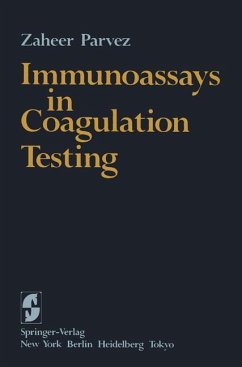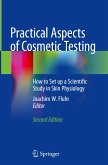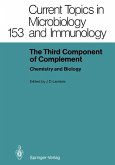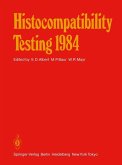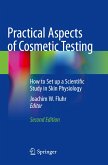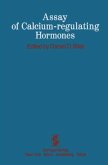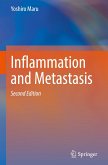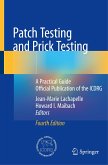Rapid progress in analytical methods, within the past few decades, has led to the widespread applications of newer immunological and radioimmunoassay techniques to the diagnosis and treatment of hemorrhagic and thrombotic disorders. Major advances were made to meet the multiple challenges of improving precision, accuracy, and availability of various measurements. These advances have been paralleled by the discoveries of a close relationship between biological activities and the absolute concentration of proteins that were measured by immunological techniques. This, in turn, assured the significance and usefulness of immunological methods in the management of patients. Numerous variants of immunological tests now are available, which allow us to both determine with precision minute quantities of antigenic proteins in serum and other biological fluids and differentiate the native protein from its genetically altered or degraded forms. Methods also have been designed to immunologically evaluate some serine proteases that are in complex with proteolytic inhibitors. Due to rapid progress in this field, different laboratories unavoidably become experts in one or the other approach. In the welter of possible choices, the non-expert usually is left to follow either the most recent but as yet to be confirmed method or his own anecdotal experience. This manual not only brought together various methods in current use, but it also set certain standardized criteria for the assessment of various deficiencies and abnormalities in hemostasis.
Hinweis: Dieser Artikel kann nur an eine deutsche Lieferadresse ausgeliefert werden.
Hinweis: Dieser Artikel kann nur an eine deutsche Lieferadresse ausgeliefert werden.

